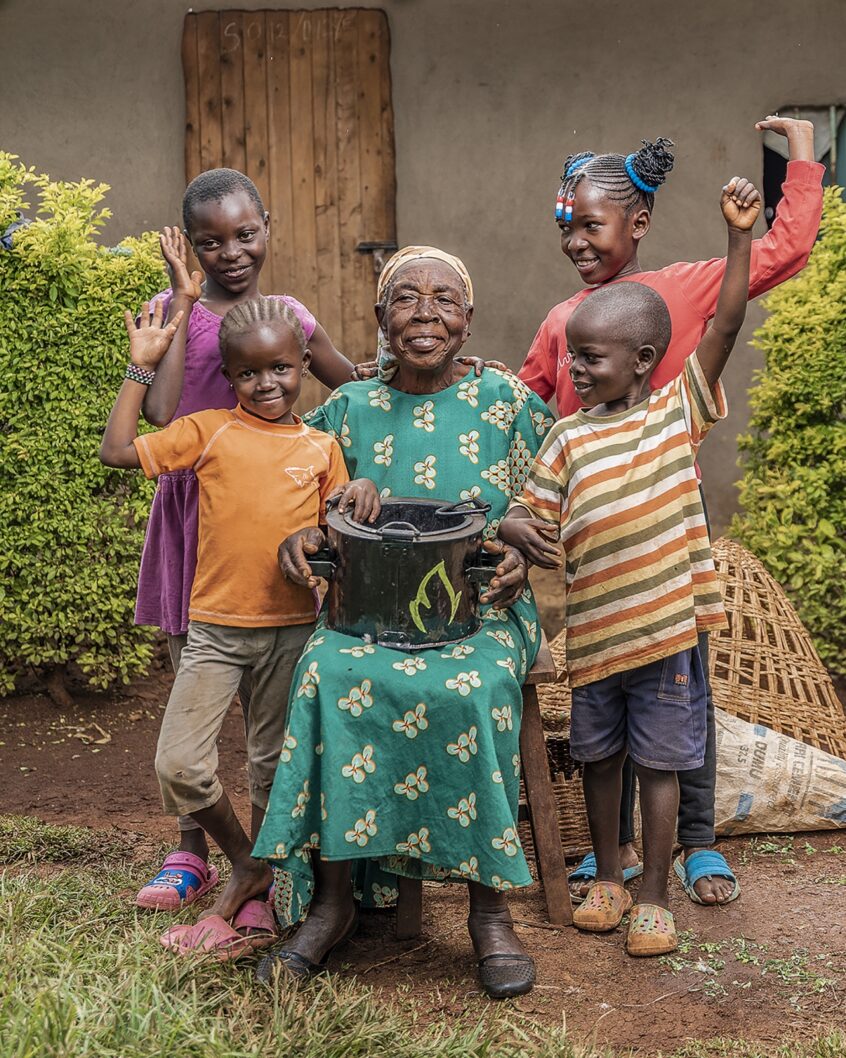The woman above is holding a Mukuru Cookstove.
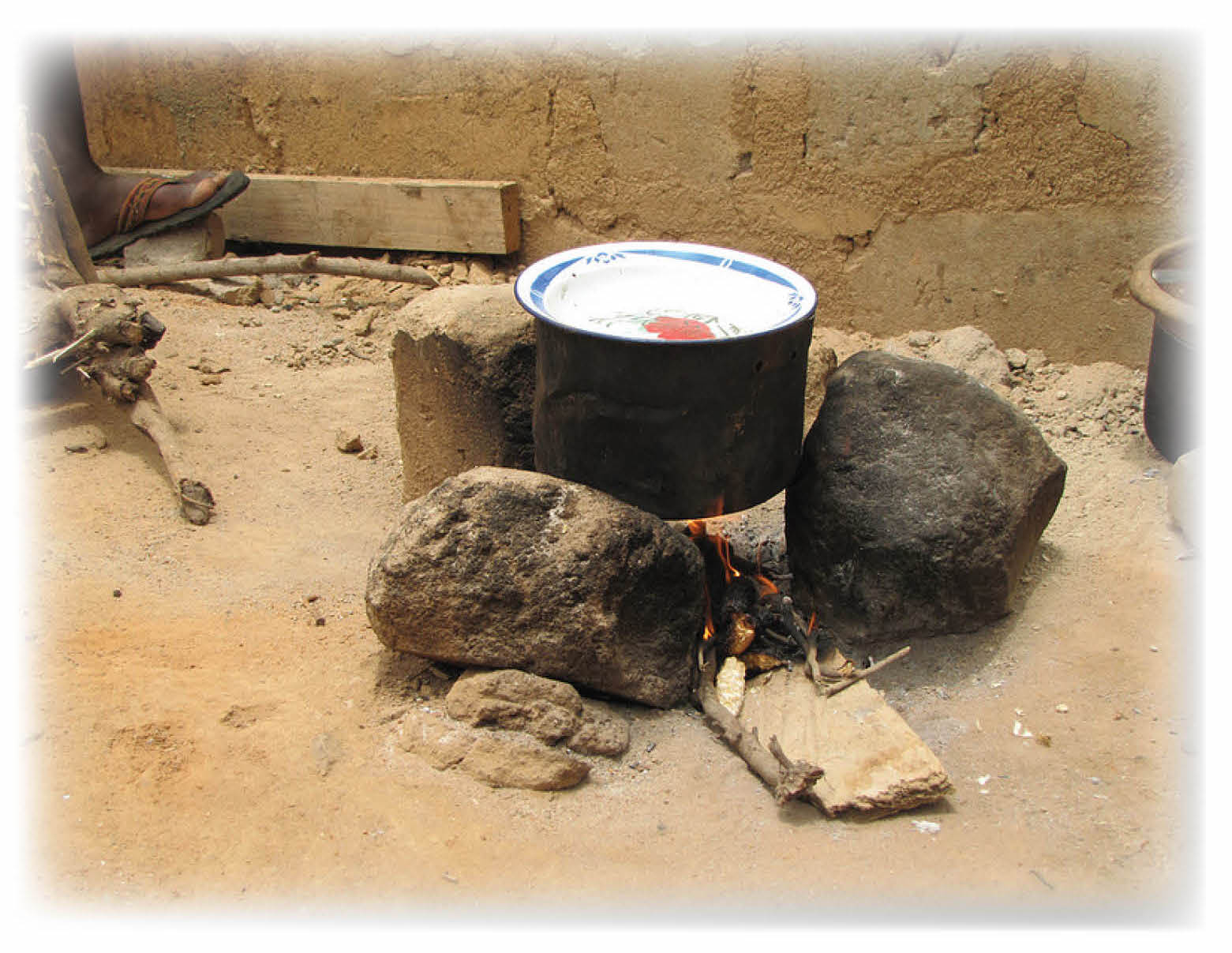 Cooking in the ‘developing’ world: 3-stone stove (above) and a traditional cookstove (below).
Cooking in the ‘developing’ world: 3-stone stove (above) and a traditional cookstove (below).
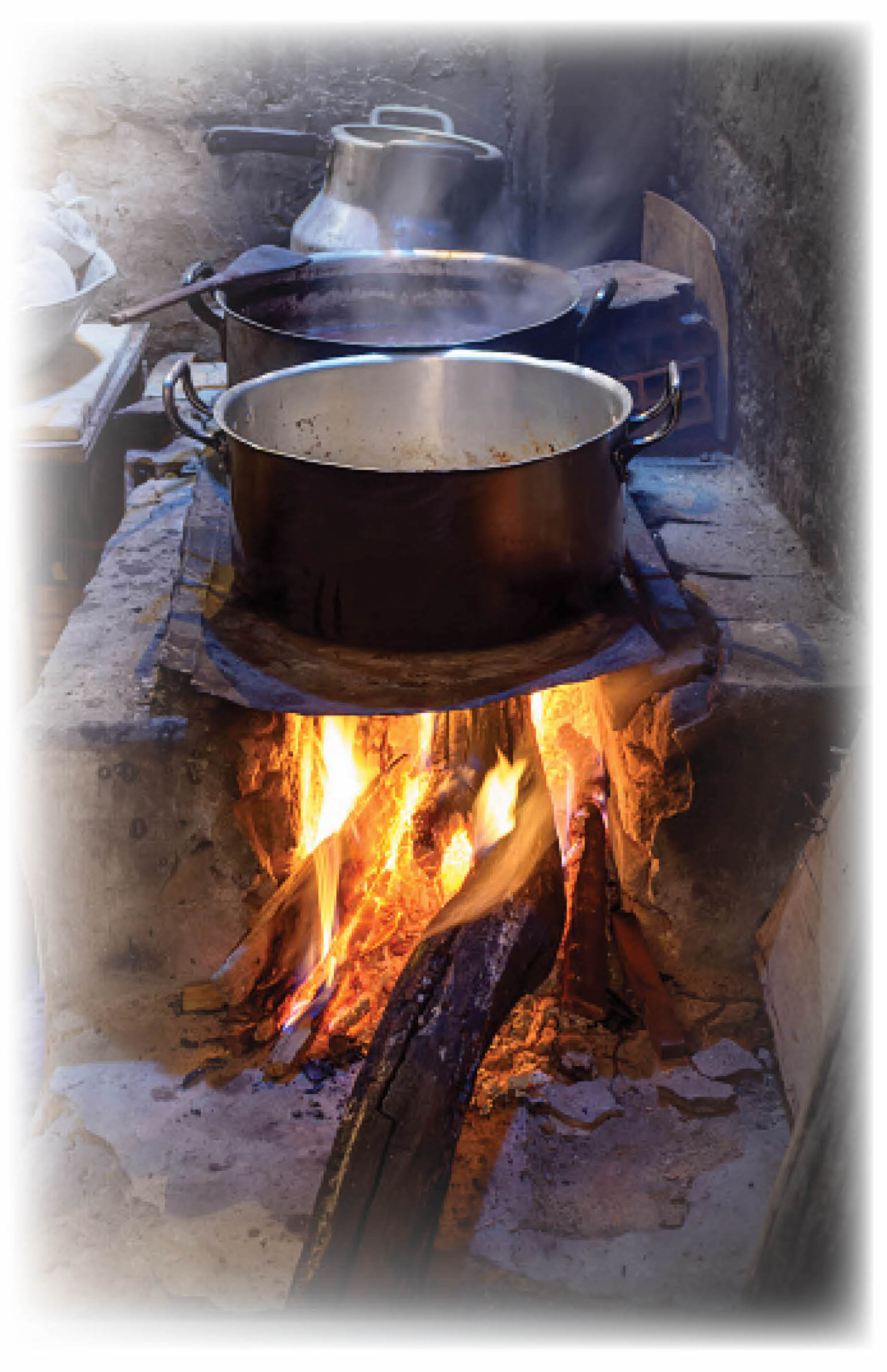
Today, we have an opportunity to transform the lives of millions
with cheaper, safer, and more sustainable cookstoves and fuels.
~ Charlot Magayi, CEO, Mukuru Stoves
When I lived in Somalia, there were scores of organizations providing relief and development aid to Ethiopian refugees in the camps. However, while there were some Somali doctors working for the International Red Cross, I don’t remember any Somali or Ethiopian organizations or organizations led by Somalis or Ethiopians. I used to like to go to the UNHCR monthly meetings where I met people from around the world. But, again, I don’t remember any African-led organizations. That appears to have changed rather dramatically – especially over the last decade. Of the five Earthshot winners for 2022, all have their own businesses and three live in the “developing” world of Kenya, India, and Oman (and a fourth is aboriginal).
About a third of the world’s population (2.6 billion) uses traditional methods involving fire to cook and stay warm. 700 million of them are in Africa. One 2022 Earthshot winner is a Kenyan woman, Charlot Magayi, who has built a successful clean cookstove business. The term “clean cookstove” was new to me so I did a bit of research. (Where have I been?) Clean cookstoves are an alternative to open fires and traditional cookstoves which use wood, charcoal, dung, coal, or kerosene. Clean cookstoves are not only more efficient but also safer. Not only that, but they reduce the amount of damage to the environment and lead to improved health of the people involved.
Yet, Africa wasn’t what first came to my mind when I learned more about clean cookstoves. What came to mind was Nepal. I have a vivid memory of staying in a home in Namché Bazaar, Nepal, where an open fire was used for cooking. There was no chimney so the house was always smoky. The pollution just hung in the air. I found it difficult to breathe but didn’t want to offend my hosts. Imagine!
I read that about 4,000,000 deaths a year are a result of this indoor way of cooking – mostly from pneumonia and other respiratory diseases and mostly among women and children. Another vivid memory I have from Nepal is that all of the children I remember encountering on my trek were coughing and had runny noses.
As far as my Africa memories, the total population of the entire continent when I lived there was 482 million. Today the population is +1.4 billion. That’s a 3-fold increase in just a few decades. I can only imagine, given traditional cooking practices, the impact this increase has had on air quality and people’s health.
I didn’t live in refugee camps but I visited them frequently. One sight that always pulled at my heart was that of women and their daughters scavenging for wood. They would spend all day in attempts to collect enough wood to cook that evening’s meal. They carried the meager bits they found on their heads.
And then, there was smell of fire. Sometimes from wood, sometimes from charcoal. I lived in Mogadishu in what would have been called a fairly modern home. The kitchen had a tiled counter. But no stove. Instead the tiled counter had a well that was to be used to build a fire in the kitchen using either wood or charcoal. In the city. The smell of fire, whether from wood or charcoal was pervasive and constant. Personally, I didn’t use the well. I had a two-burner hotplate that I could use when I had electricity which was about 50% of the time.
An organization that appears to be having a major impact on cooking practices around the world is The Clean Cooking Alliance. According to their 2021 Annual Report, since 2010 over 400 million people have gained access to clean cookstoves and cleaner fuels. A big part of their work appears to be educational. For example, in 2021, they hosted a Week of Clean Cooking conference with 1000 participants from 42 countries. They also engaged youth from around the world by co-sponsoring a youth summit that had 2300 participants from 134 countries. And more! Former Secretary of State, Hillary Rodham Clinton, and the current Secretary-General of the United Nations, António Guterres, are among those on their Leadership Council. José Andrés of World Central Kitchen is one of their Champions.
As for Charlot, her organization’s vision is to “significantly reduce household air pollution in underserved markets in Africa.” Their mission is to “be the most reliable cooking asset for base-of-the-pyramid households.” The business, Mukuru Stoves, is named for one of Nairobi’s largest slums where Charlot grew up. The entire sales force is women – which makes total sense since women do most, if not all, of the cooking in Africa. In terms of impact, to quote her website, “Since 2017, we have sold over 250,000 clean cookstoves in Kenya, enabling families to make savings of over $20 Million in fuel costs while impacting the lives of over 1,200,000 people who now benefit from cleaner air within their homes while avoiding over 500,000 tonnes of CO2 emissions.”
So profoundly simple. So simply profound.
~ Barbara Shipka
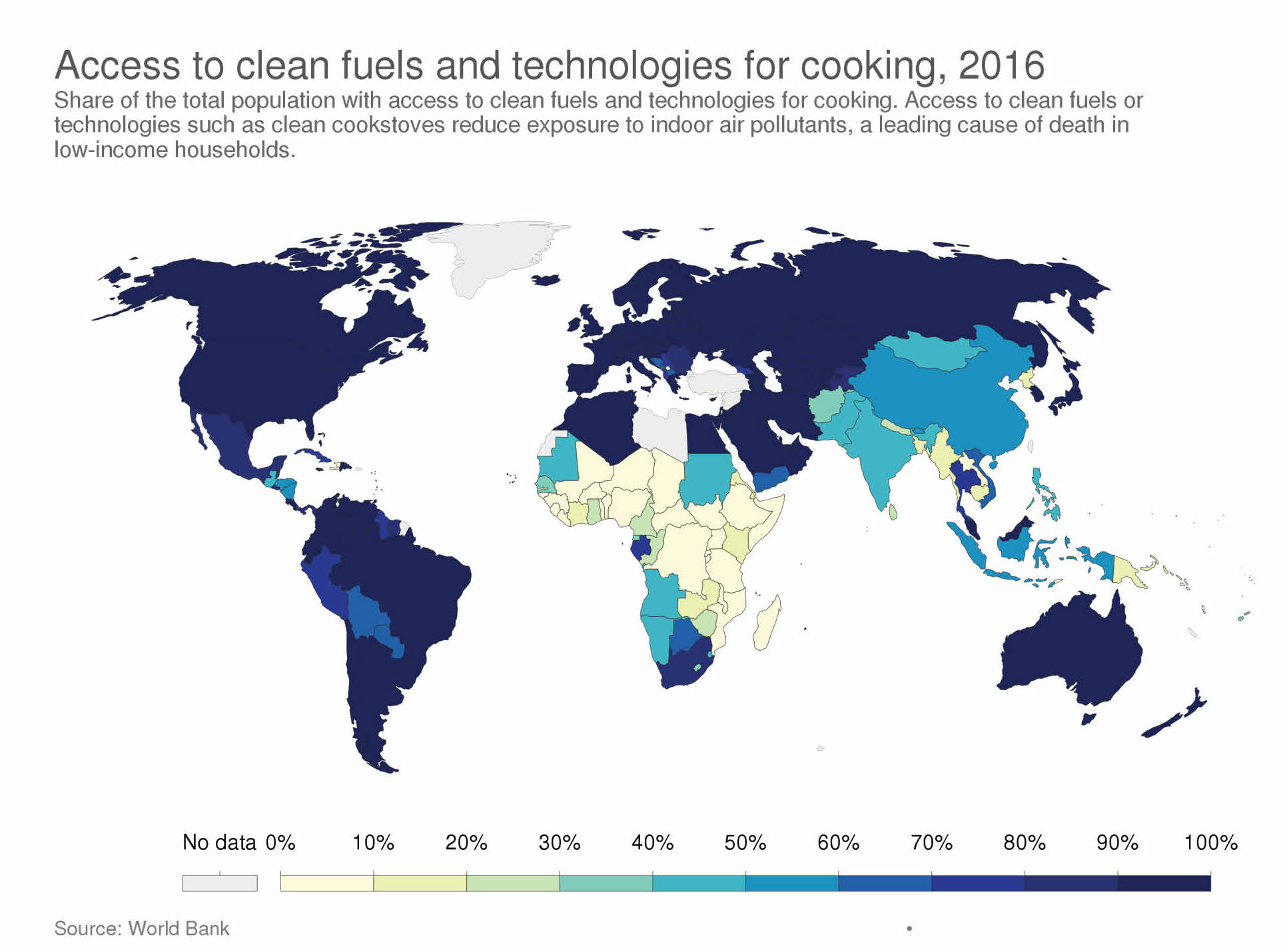
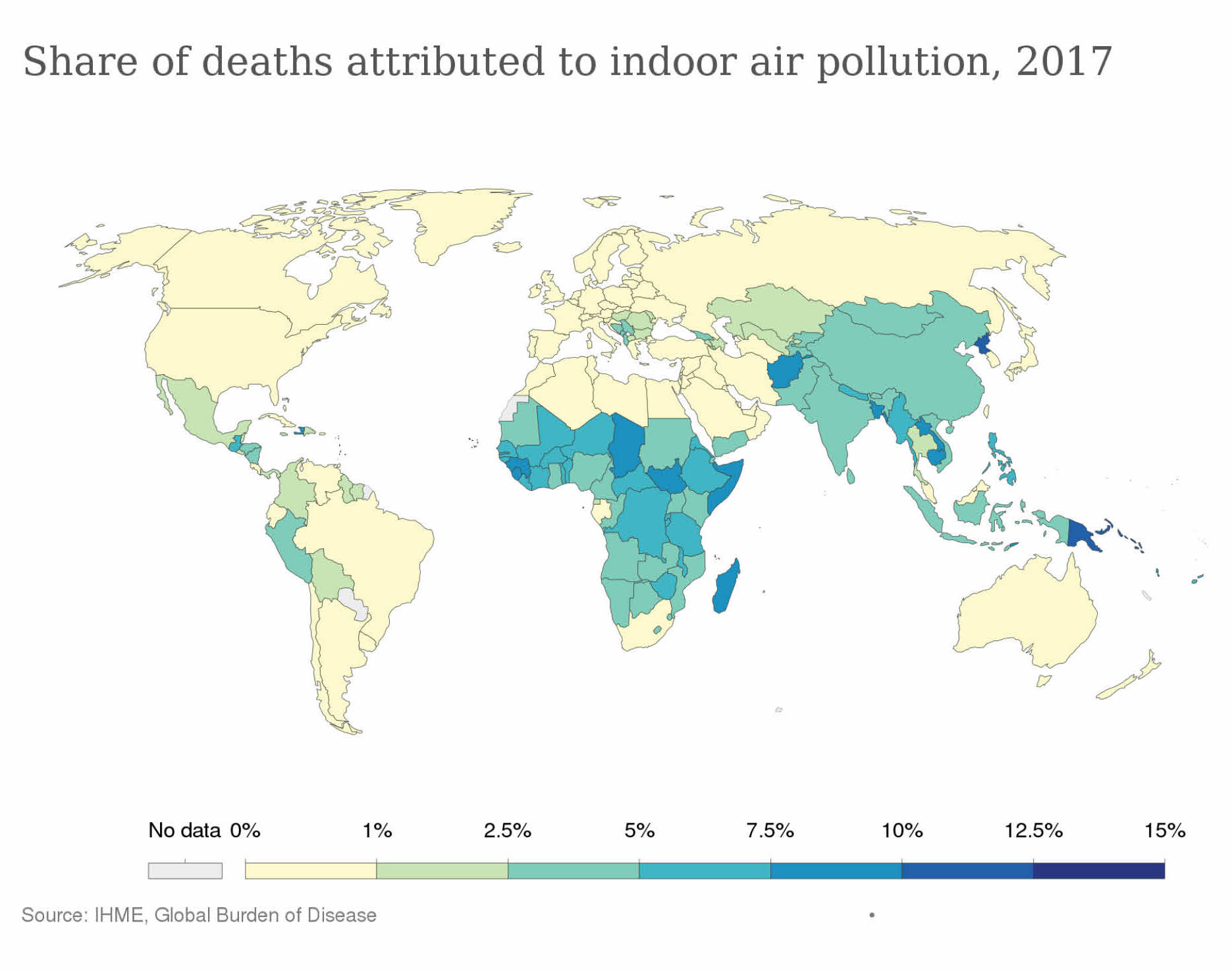
Images from the Mukuru Stoves website and Wikipedia.

